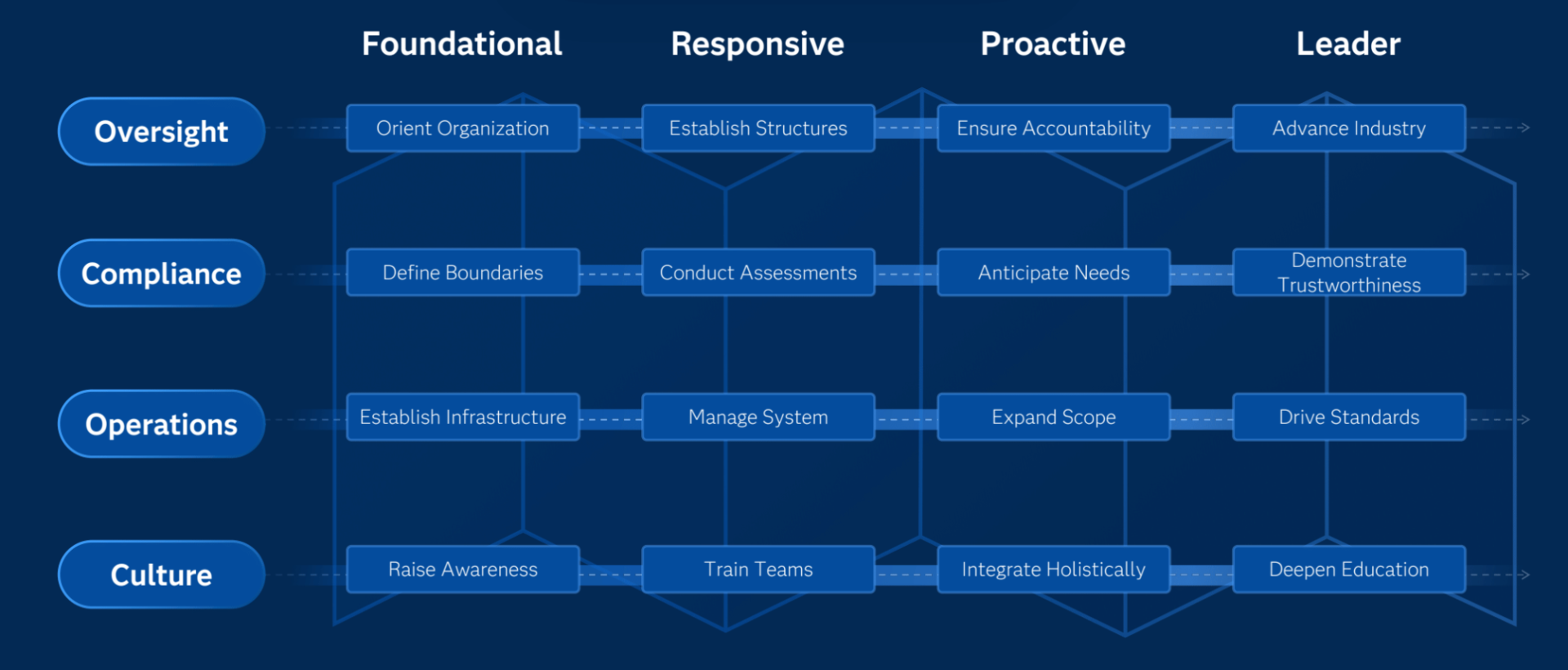Employed to analyze data that include patients’ past medical history, clinical data, and financial data affiliated with all EHS facilities, AI/ML helps EHS to provide sustainable, integrated, accessible, efficient, innovative and high-quality healthcare services.
Together, data analytics and AI serve as a decision enabler through its predictive and prescriptive capabilities – such as predicting patient outcomes, forecasting resource use, delivering prescriptive analysis to help clinicians prepare a focused action approach, and quality care management for at-risk patients.
Besides improved health outcomes, financial analysis also provides healthcare decision makers with the insights they need to reduce overall healthcare costs for chronic diseases.
“With AI decisioning, it’s critically important that organizations have that data foundation, or else the investments made in technology and in people are going to waste,” said Day.
“If you start with the wrong data, you’re guaranteed the wrong decision. The old saying ‘garbage in, garbage out’ is amplified with AI: now it’s ‘garbage in, garbage scaled’, If we don’t do the right thing with our data management practices.”

Gavin Day
Chief Operating Officer, SAS
Challenges in deploying AI
As AI transforms healthcare and revolutionizes clinical decision-making processes in the UAE, AI-powered solutions augment clinicians’ decision-making abilities, improve healthcare operations, and navigate public health systems from care to wellness.
“However, with this transformative potential come significant ethical challenges, such as issues of bias, transparency, accountability, and privacy,” said Dr Mubaraka.
She shared: “Despite an apparent agreement globally that AI should be ‘ethical’, there is still a need for a debate about both what constitutes ‘ethical AI’ in healthcare and which ethical requirements, technical standards and best practices are needed for its realization.”
These challenges, fortunately, accelerated EHS’s work on responsible AI, which seeks to ensure that AI systems are developed and deployed in a manner that is ethical, fair, transparent, accountable, and beneficial to all users.
“We have been working on incorporating safe and responsible AI best practices into the AI work being done at EHS. While developing several AI / ML programs on the SAS platform implemented at EHS, we have had several learnings, successes, and challenges to incorporate Safe AI guidelines from across the globe,” Dr Mubaraka added.
According to SAS, AI governance is critical, and it has an assessment tool for organizations such as EHS with this approach:

